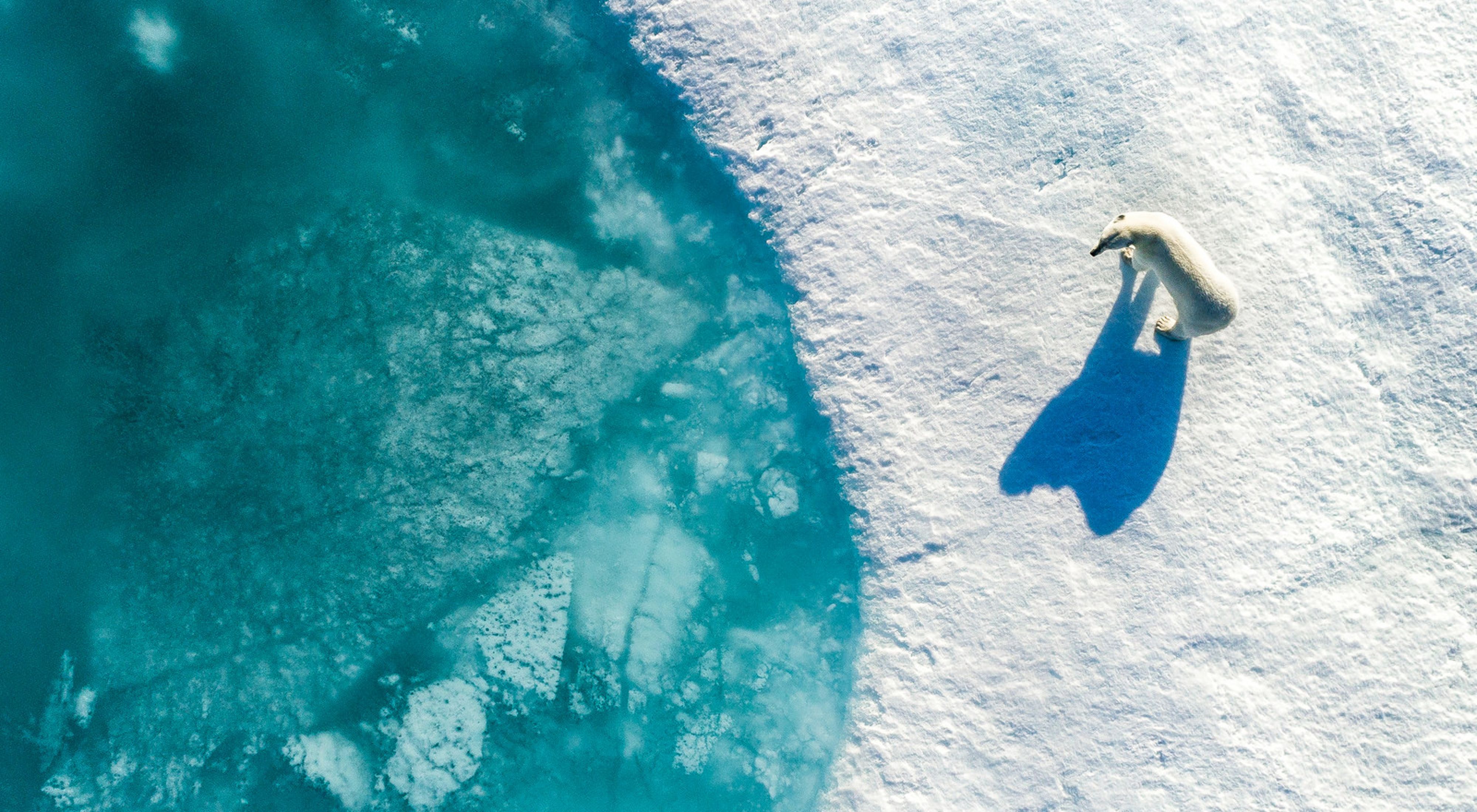U.S. Senate Takes Bipartisan Action on Climate Change
The Nature Conservancy celebrates the U.S. Senate’s ratification of an international agreement aimed at phasing out a potent greenhouse gas
Media Contacts
-
Randy Edwards
The Nature Conservancy
Phone: 703-407-9316
Email: redwards@tnc.org
The following is a statement by Darci Vetter, Global Head of Policy and Government Relations for The Nature Conservancy, after the U.S. Senate voted 69-27 to join 137 other countries in ratifying the 2016 Kigali Amendment to the Montreal Protocol:
“The ratification of the Kigali Amendment demonstrates the power of bipartisan action in the battle against climate change and affirms the U.S. commitment to reducing greenhouse gas emissions. Hydrofluorocarbons (HFCs) pack a big punch—with a thousand times the heat-trapping ability of carbon dioxide.
“This vote builds on the strong bipartisan support for the American Innovation and Manufacturing Act of 2020, which directed the U.S. Environmental Protection Agency to reduce the production and use of HFCs by 85%. In addition, the ratification marks the first time in 30 years that the United States has ratified a climate treaty and—combined with the climate and clean energy provisions in this year’s Inflation Reduction Act—demonstrates the nation’s resolve to be a leader in addressing the global climate crisis.
“We commend the bipartisan leadership in the Senate, especially Sens. Bob Menendez and James Risch—the chair and the ranking member of the Senate Committee on Foreign Relations, respectively—for working diligently to bring this treaty to a successful vote.”
The Nature Conservancy is a global conservation organization dedicated to conserving the lands and waters on which all life depends. Guided by science, we create innovative, on-the-ground solutions to our world’s toughest challenges so that nature and people can thrive together. We are tackling climate change, conserving lands, waters and oceans at an unprecedented scale, providing food and water sustainably and helping make cities more sustainable. The Nature Conservancy is working to make a lasting difference around the world in 77 countries and territories (41 by direct conservation impact and 36 through partners) through a collaborative approach that engages local communities, governments, the private sector, and other partners. To learn more, visit nature.org or follow @nature_press on X.



